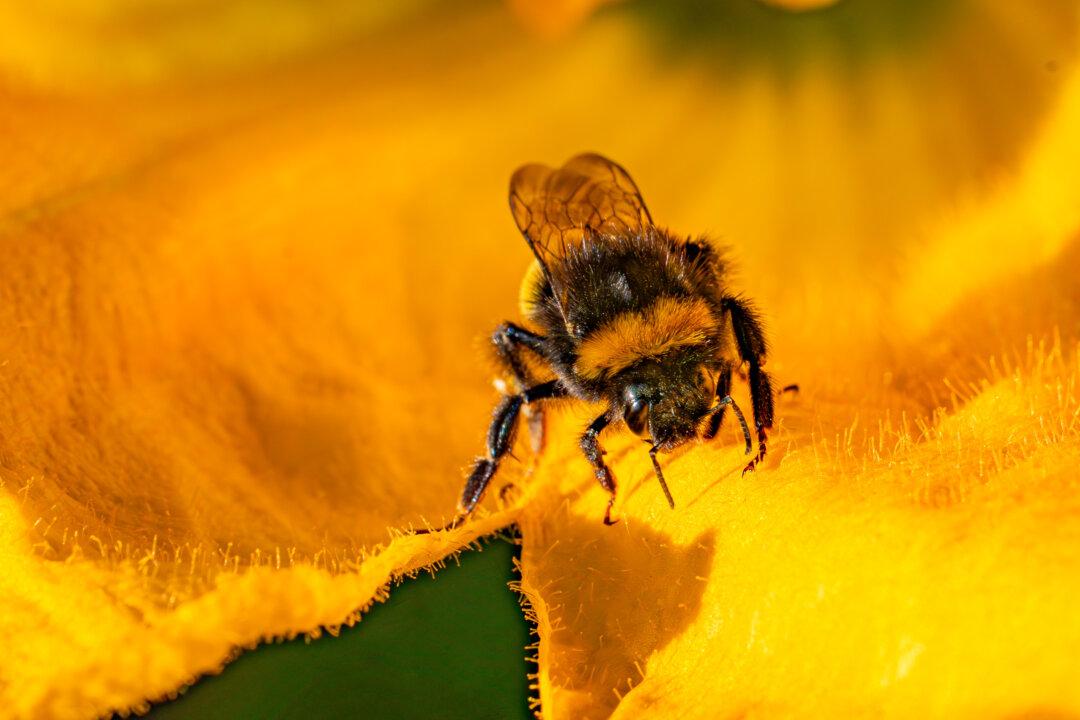A government minister has told MPs there is a balance to be found between reversing the decline in Britain’s insect population and helping farmers to boost production and enable the country to have “food security.”
Environment minister Rebecca Pow was addressing the House of Commons Science, Innovation, and Technology Committee, which is examining research that suggests “the flying insects that are central to UK food security have declined significantly, with potentially catastrophic effects.”





